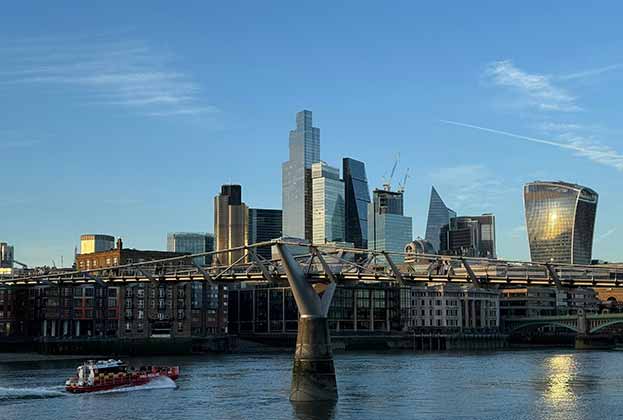While much time and thought has been given to the practicalities of the workplace in terms of how it will look and operate as a result of Covid-19, we must also consider what impacts the pandemic will have on corporate culture, both in the short and long term.
The safety of staff is obviously and rightly of paramount importance as we find our way back to a new normal in terms of the workplace. However, it is also important that, in the process of establishing a new balance of working between home and the office, an organisation doesn’t erode and lose sight of its culture and values.
In fact, it may be that the values of a business have been the driving factor in its response to the pandemic, while its culture is fundamental to long-term success.
Corporate culture is difficult to define but considered to be 'the way we do things'. While business leaders can inform workers of corporate strategy, values and visions, corporate culture is built from within, often passively, where people learn from one another in a shared environment.
The risk with having a workforce working remotely is that cultural development and reinforcement is lost. Senior leaders must build authentic digital connections with their teams to clearly communicate messages which might previously have been picked up more subtly.
Conveying corporate culture to new employees who joined either during the lockdown period or as the workforce begins to return to the office is challenging and will have to be done much more overtly.
So much can be learned about an organisation by being immersed in its workplace under usual circumstances. Without that immersion, culture may have to be expressed more clearly to both colleagues, clients and the wider world.
Different organisations inevitably have different cultural values. Many pride themselves on delivering the highest quality of service. A culture of knowledge, excellence and reliability may be hard to foster where senior executives prefer to work from their home offices and are isolated from junior colleagues eager to develop in the workplace.
A culture of autonomy and empowerment may dwindle where teams cannot learn from experienced colleagues around them taking ownership of problems.
Organisations with a culture of innovation and creativity may struggle to cope without the buzz and vibrancy of employees coming together in shared space. Cultures of accuracy and trustworthiness may suffer where staff are not able to pore over the same document across a desk.
Technology can obviously and now more progressively play a part in resolving some of these issues, but businesses must realise that the continued separation of teams and reduced interaction risks slowly diluting culture.
While culture is not really about the office environment and the perks of free fruit and nice coffee, these things show how an organisation treats and values its staff. Many of these peripheral elements may be unavailable at least temporarily. Leaders must ensure that their teams see beyond these perks by communicating business messages clearly and expressly living the culture of the organisation.

.jpg)

(1).jpg)

.jpg)



.jpg)
